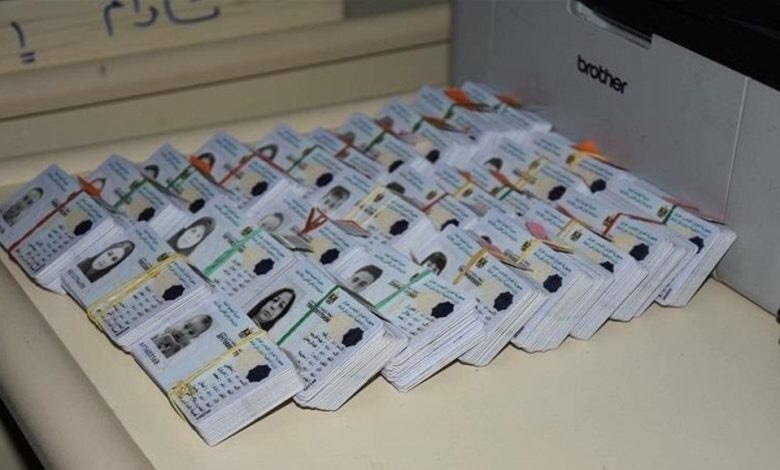The Iraqi government has announced that the national identity card will be the basis for all official transactions in Iraqi offices. This move is intended to improve efficiency and security in government services.
The national identity card is a digital identity card that includes biometric data such as fingerprints and facial recognition. The cards are required for transactions such as opening a bank account or registering to vote in elections.
The Iraqi government has been working to increase the use of the national identity card in recent years. In January, the Ministry of the Interior announced that no new paper-based ID cards would be issued to Iraqis and that they will no longer be accepted, starting from March 2024.
The use of biometric data in identity cards is controversial in some countries, due to privacy concerns. However, the Iraqi government argues that the benefits outweigh the risks. The biometric data is stored on the chip in the card, and is not accessible to anyone who does not have the physical card.
The Iraqi government’s decision to make the national identity card mandatory for all transactions is likely to be met with some resistance. However, the government is confident that the benefits of the new system will outweigh the costs.
Source: Ministry of Interior
- Published: 25th June, 2024
- Location: Baghdad
- Country: Iraq
- Editor: Yasmine Goumri
- Category: Society and Security





